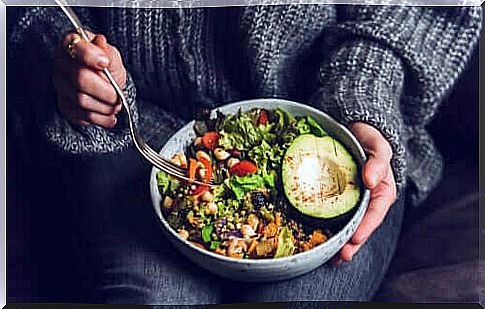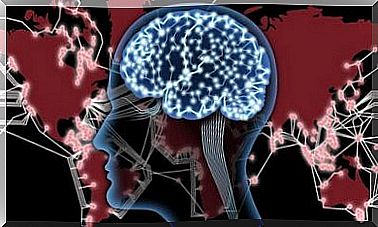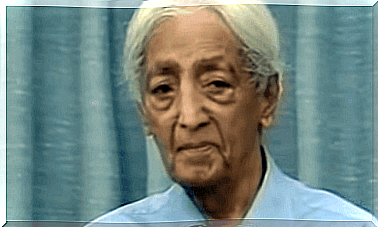Vegetarianism, A Way Of Life?

Vegetarianism is a food style on the rise, in fact in recent years many have made this decision. It is a commonly used word, but do we really know its meaning?
According to the definition of the International Vegetarian Union (IVU), vegetarianism consists in following a diet based on foods of plant origin in different ways depending on whether dairy products, eggs and honey are allowed or excluded.
This definition, therefore, takes into account the choice of foods; that is, being vegetarian is based on a series of dietary changes. What are, however, the values and principles that motivate a decision of this type? According to the IVU, in reality vegetarianism is not just a diet, but a lifestyle. We talk about it in this article.

How did vegetarianism arise?
The terms “vegetarianism” and “vegetarian” date back to 1847, with the first vegetarian association, the British Vegetarian Society. Up until that time, the term “vegetable diet” was used to refer to that type of diet that only includes foods derived from plants.
Later similar associations arose in other countries, such as Germany and the Netherlands, based on the same principles. This enthusiasm led to the foundation, in 1908, of the International Vegetarian Union (IVU), a non-profit organization that aims to promote vegetarianism.
So many ways to be vegetarian
According to the IVU, the vegetarian world embraces different interpretations based on the type of diet adopted.
There is, for example, a sub-group that admits the consumption of eggs (ovo-vegetarians), dairy products (lacto-vegetarians) or both (lacto-ovo-vegetarians). Then there are those who completely exclude any food of animal origin (honey, milk, etc.). In this case we are talking about a vegan diet.
Motivating principles
Here are some of the motivating principles indicated by the people who fall into this movement.
- Health. According to this motivation, the healthiest diet is based on the consumption of foods of plant origin. Meat is excluded, perceived as unnecessary food.
- Ecology. This group of vegetarians identifies extensive and intensive farming as one of the main causes of the degradation of our planet. They are based on data, such as those from FAO, that the livestock industry generates more greenhouse gases than the entire transport sector. Eating meat, therefore, is one of the reasons behind global climate change.
- Religion. Some religions promote the vegetarian lifestyle. An example is the Hindu religion, according to which the cow is a sacred and venerable animal. The human being should not, therefore, eat it.
- Ethics. The vegetarian diet for ethical reasons is linked to the defense of animal rights. It considers the killing, mistreatment and exploitation of animals for human consumption (food, clothing, objects) unethical. He defends a worthy life and death for all animals.

Vegetarianism, a way of life?
If we take into account the basic principles, we can therefore say that the vegetarian diet is not a purely food choice. Rather, it should be understood as a set of attitudes and is often a lifestyle. It is indeed possible and probable that a vegetarian person will reject everything that involves the exploitation of animals for our benefit.
This includes, for example, the decision not to set foot in a restaurant that cooks meat or to attend shows or events involving the presence of animals, such as bullfighting, palio, circus, etc.









